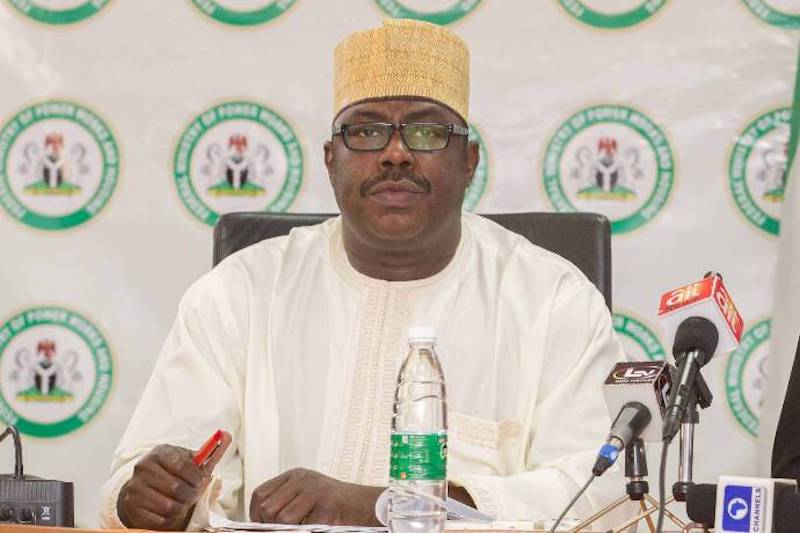FG launches rice dev’t strategy to target 40m tons by 2030
The federal government has officially launched the National Rice Development Strategy II (NRDS II, 2020-2030) and the Competitive African Rice Platform (CARP)-Nigeria. The Minister of State for Agriculture, Mustapha Baba Shehuri, at the official launch in Abuja said that the NRDS II document is a ten-year plan that aims to provide guidance for the development […]

Mustapha Baba Shehuri
The federal government has officially launched the National Rice Development Strategy II (NRDS II, 2020-2030) and the Competitive African Rice Platform (CARP)-Nigeria.
The Minister of State for Agriculture, Mustapha Baba Shehuri, at the official launch in Abuja said that the NRDS II document is a ten-year plan that aims to provide guidance for the development of the rice subsector in order to meet the government’s goals of self-sufficiency in rice production, food and nutrition security, job creation, and excess production for export.
He said all parties involved, with assistance from the Competitive Africa Rice Platform, accepted the agreement at the 4th National Council of Agriculture (NCA), which was held at the International Conference Centre in Abuja in 2021.
The project’s focal person at the ministry, Dr Fatima Aliyu, said that the National Rice Development Strategy and the Competitive African Rice Platform would further accelerate the country’s industry growth and scale up production to 40 million tons of paddy by 2030.
Resist APC’s provocative campaign — PDP
She stated that the federal government’s rice strategy has resulted in the country becoming Africa’s largest producer of the crop, and that the policy will increase investment in the business.
CARP, formerly known as the Sustainable Rice Platform (SRP), is dedicated to the productivity and sustainability of the rice industry, with two key goals in mind: ensuring Nigerian rice competitiveness and the sustainability of the Nigeria rice sector.
The Competitive African Rice Forum (SRP)-Nigeria is a multi-stakeholder platform established to advocate policies and create transformational changes in rice industry standard practices.
